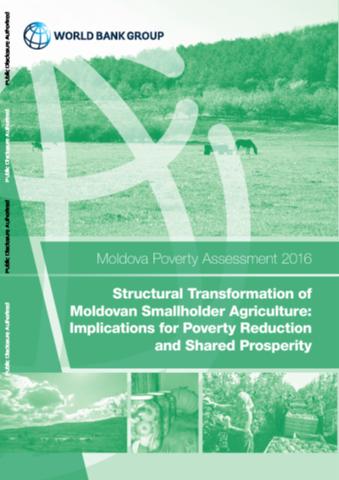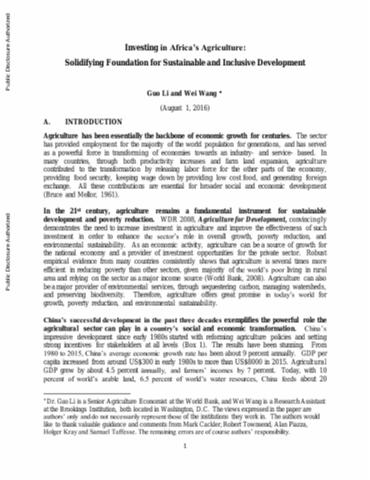Interview with Henry Bernstein
Henry Bernstein was coâeditor (with Terence J. Byres) of the Journal of Agrarian Change between 2001 and 2008 and coâedited The Journal of Peasant Studies (where he joined Byres) between 1985 and 2000. This interview highlights some of Bernstein's major pedagogical and theoretical contributions to the fields of agrarian political economy and development studies. To do so, it traces his intellectual and political trajectory, providing important context for understanding his published work.






